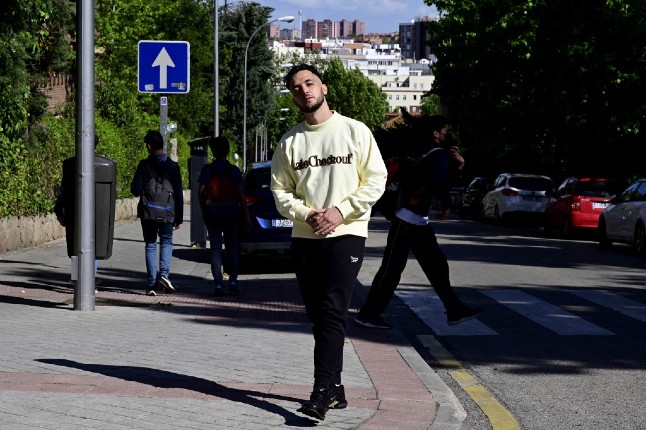ENTERTAINMENT
French film industry to honour Sean Penn
US actor Sean Penn is to win an honorary French film award in Paris next month, with officials recognizing him for being a "living legend" of cinema.
Published: 27 January 2015 12:52 CET
The 54-year-old is a "mythical actor, a politically active personality and an exceptional director," said the French Academy of Cinema.
As "a standalone icon in American cinema," he will receive an honorary Cesar award during the academy's annual prize ceremony in the French capital on February 20th — two days before the Oscars in the US.
Penn, who won Oscars for his performances in "Milk" and "Mystic River", has earned a strong leftwing reputation for his public potshots at then-president George W. Bush, support of gay marriage, and for starting a foundation to help Haiti after its 2010 earthquake.
He was married to Madonna in the 1980s, then to "House of Cards" star Robin Wright from 1996 to 2010. Since last year he has been seeing actress Charlize Theron, and is taking steps to adopt her three-year-old son.
Url copied to clipboard!


 Please whitelist us to continue reading.
Please whitelist us to continue reading.